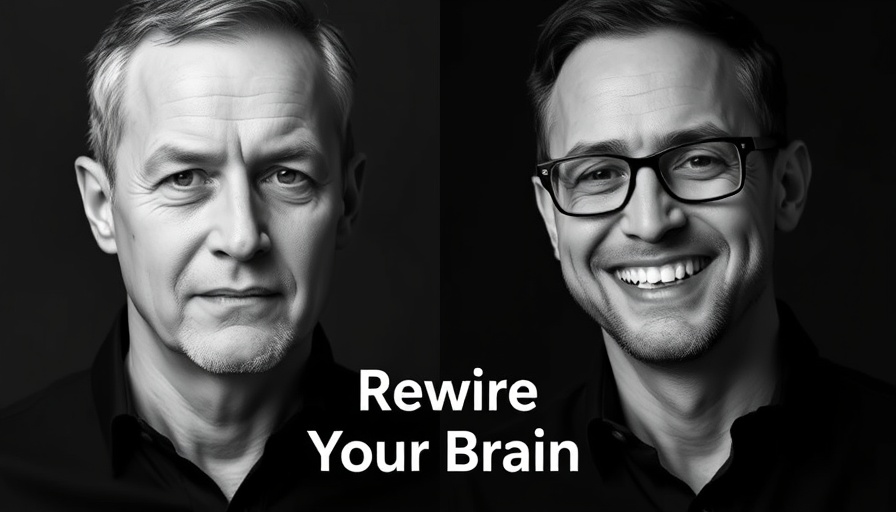
The Hidden Role of Dopamine in Our Daily Lives
Dopamine, a neurotransmitter often dubbed the "pleasure chemical," plays a pivotal role not just in our experiences of joy but also in shaping our behaviors and influencing our mental health. As discussed by Dr. Anna Lembke in a recent conversation, dopamine mediates not only pleasure but also movement, threading together our experiences and actions. This creates an interesting paradigm: our mental well-being is closely linked to our baseline levels of dopamine, which can fluctuate based on our lifestyle and environment.
In 'Essentials: Understanding & Treating Addiction | Dr. Anna Lembke,' the conversation focuses on the crucial role dopamine plays in addiction, prompting a deeper exploration of its implications for mental health.
Understanding Addiction: Beyond the Substance
Interestingly, Dr. Lembke points out that impulsivity is a trait that makes individuals more vulnerable to addiction. Today’s sensory-loaded environment can exacerbate these tendencies, causing some to turn to substances or behaviors for excitement. The challenge arises not from a malfunction in their character but from the dissonance between their heightened needs for stimulation and the monotony of daily life. Many individuals grapple with a sense of boredom but have learned that meaningful experiences can be manufactured through creativity and connection.
The Pleasure-Pain Balance: A Delicate Dance
At the core of Lembke’s insights is the pleasure-pain balance, illustrating how our brain strives for homeostasis. When we indulge in stimulating experiences, dopamine levels soar, but this is often quickly countered by a surge in pain sensations, leading to a “comedown.” This pattern highlights the risk of continuous indulgence, pushing individuals toward a dopamine deficit state characterized by a lack of joy and increased discomfort. Recognizing this balance is crucial for maintaining overall well-being.
Strategies for a Healthier Relationship with Dopamine
The discussion offers insights for those grappling with addiction or seeking ways to enhance their mental health. One of the simplest yet most powerful strategies is to engage in a dopamine reset: a 30-day break from high-stimulation substances or behaviors. Dr. Lembke suggests that this hiatus allows the brain to recalibrate itself, leading individuals to rediscover simple pleasures. It’s a challenging yet transformative process that can reinvigorate one’s approach to life.
Social Media: The New Age Addiction
In today’s digital landscape, social media stands out as a contemporary source of dopamine spikes. As we scroll through feeds, our brains receive dopamine hits akin to those experienced with substances. However, engaging with social media consciously and with clear boundaries can foster positive connections rather than detract from our lived experiences. The key lies in being intentional about our time online and ensuring that it supplements, rather than replaces, real-world interactions.
To sum it all up, the conversation delved deep into understanding addiction and the underlying neurobiology shaping our experiences. For health enthusiasts looking to navigate the complexities of dopamine and mental health, Dr. Lembke’s insights underscore the importance of balancing pleasure and pain while fostering authentic connections.
Biofeedback, mindfulness practices, and support groups are just a few tools that can help cultivate a healthier mental state and relationships with dopamine-driven behaviors. With intention and awareness, we can harness the power of our neurochemicals to enhance our mental and emotional well-being.
If you’re curious to explore these concepts further, considering a 30-day reset from high-dopamine behaviors could be your first step toward profound change in your perceptions of joy—adopting healthier practices in your lifestyle can yield significant benefits for both your mental health and overall well-being.
 Add Row
Add Row  Add
Add 


Write A Comment